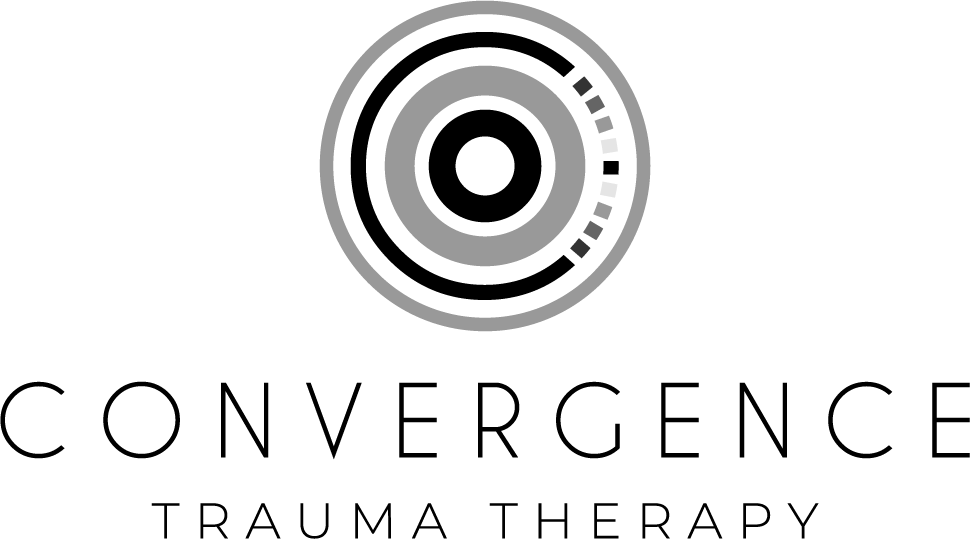What is an Intensive?
What are the Risks/Benefits of doing EMDR Intensives?
It is a session that is very focused on one important issue for an extended amount of time.
Generally, it is a 3 or 4-hour-long session using a particular kind of therapy that allows trauma to begin to get unstuck and may help release the fight/flight/freeze/fawn response from the body.
The Benefits:
You get months' worth of therapy in a matter of hours.
Less transit time = Less childcare time.
Schedule one or two days, instead of weeks, months, or years.
More session time is used for processing than checking in and re-assessing (this is absolutely necessary for the weekly model, but isn't necessary when processing all in one day.)
You can continue to work with your therapist/counselor (if you have one now) while also getting the intense work you desire to allow you to move forward with your life.
The Risks:
EMDR has been compared to getting on a galloping horse. It can be very intense emotionally and physically.
You will be prepared well, and at the same time, you will need to be able to tolerate the emotions that come with the processing and allow your body to do what it needs to do to heal.
For many clients, this means crying, some experience extreme rage, and some feel a lot of fear, but as we allow it fully, it passes, and you will not be alone in it.
Maximizing Your Experience
Recommendations for the day of:
Drink lots of water.
Eat your normal diet.
Always remember that you are allowed to ask for breaks or pause the processing at any time.
Recommendations for After:
Rest! Allow yourself to nap, lay down, read, or write- whatever feels good to you.
Communicate to your loved ones about what you've experienced and learned. This helps you to verbalize the growth, and it will help them to have context because they will likely feel that you are different.
Schedule a massage with someone you already have a trusting relationship with, and let them know why. Massage can help allow the body to absorb all the learning and processing you've just completed. Alternatively, you can schedule a private yoga session with someone trained in trauma-informed yoga. If you would like referrals, please reach out to me.
Making sure EMDR Intensives are the Right Fit
Intensive EMDR may be a good fit for you if:
You are a high-level employee with a full/busy schedule or you travel often and the weekly appointments week in and week out are not a good fit for your schedule.
You experienced chronic trauma as a child, but now are mostly successful, aside from a few triggers or relationships here and there.
You experienced one big trauma, such as a car accident, or a rape, and you just can't get your life back 100% the way you want to.
You experience several symptoms of PTSD.
You are a mental health therapist yourself, you just want some help working through your own blocks.
You are getting ready to have a transition and you want to clear as much trauma as you can before then. (Examples of clients I’ve worked with include: moving to a different state, getting ready to get engaged or married, a new job with a work schedule that won't allow you to see your therapist during their work hours, child beginning school.)
Intensive EMDR may not be a good fit for you if:
You struggle with any mental health issues that are not PTSD (OCD, depression, anxiety, etc. may be ameliorated with EMDR, but I find these symptoms decrease as a result of the PTSD resolving.)
You truly can't allow yourself to feel your feelings. (In EMDR you have to feel it to heal it.)
You don't want your life to change. (Many people don't want to get better because of the benefits of the status quo- no shade! But if you feel hesitant about healing, the intensive model is probably not right for you.)
You are addicted to one or more substances.
In these cases, the intensive model of Convergence Trauma Therapy may not be the best option for you. If you fit into one of these categories, you will likely be referred to another therapist.

